2019 Global Grinches
World leaders’ behaviour this year has given us little to look forward to in 2020
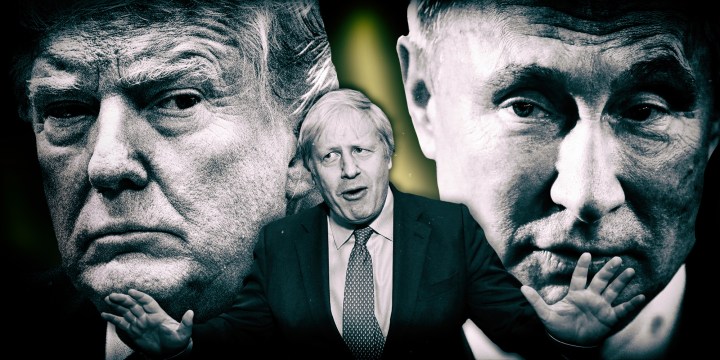
South Africa in 2019 experienced more than enough home-grown villains trying to steal our sunshine. But the good (or bad) news is that we’re not alone: this year saw the international stage also cluttered with figures responsible for mad, bad, or highly questionable leadership. It’s worth noting that the leaders of all South Africa’s BRICS allies qualify for inclusion in our list.
Donald Trump
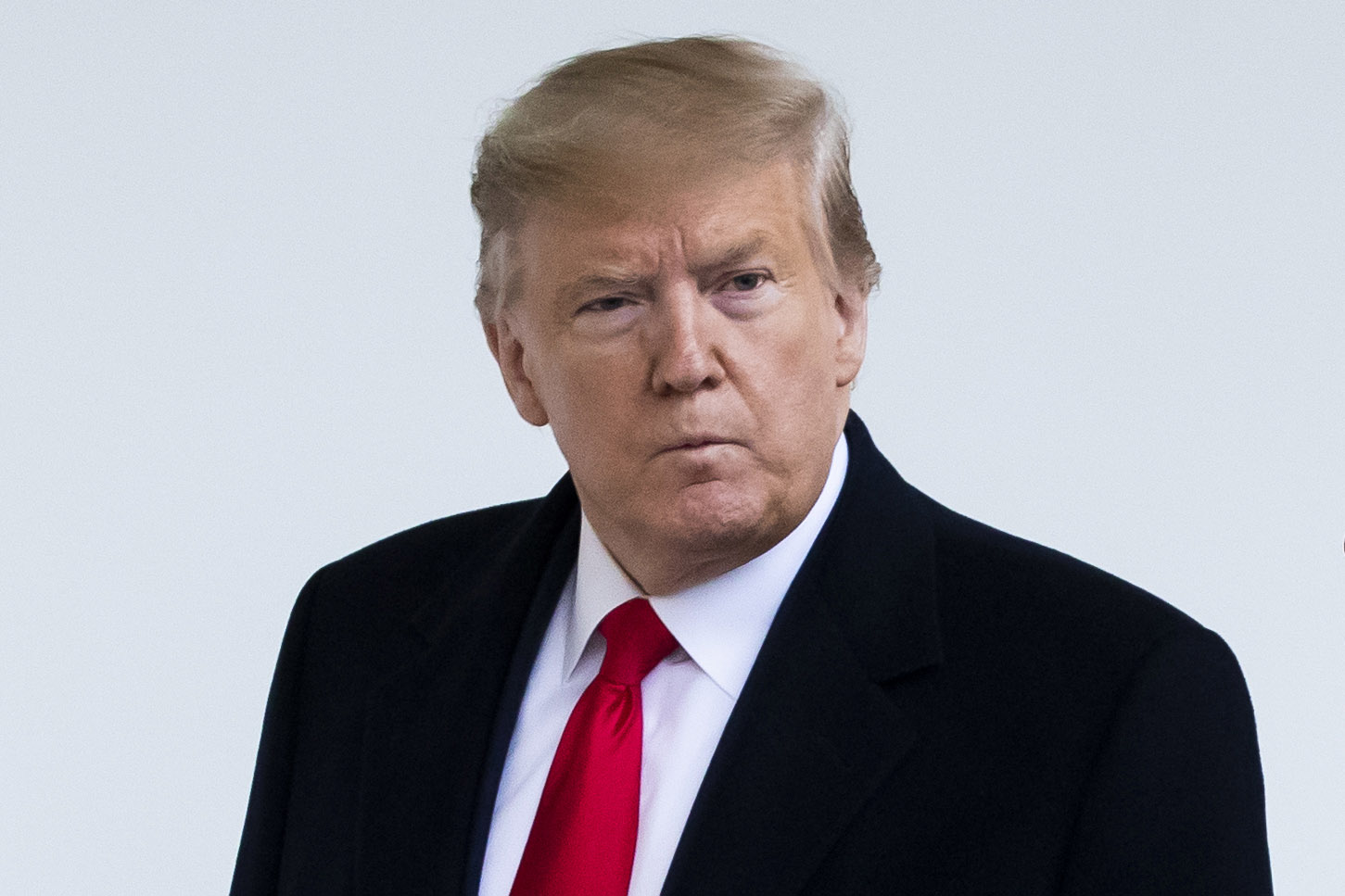
US President Donald Trump. (Photo: Michael Reynolds / EPA-EFE)
Trump’s 2019 looked to be ending on a note of global humiliation, after the release of a video taken at the Nato summit which appeared to show other world leaders mocking him. Some would say it’s a fitting conclusion to a year which started with the federal government’s longest shutdown in US history over the president’s insistence that Congress allocate $5.7-billion to build a wall at the US-Mexico border.
The wall is still hypothetical, but the Trump administration still managed to achieve the following in 2019: a Supreme Court-sanctioned bar on military service by transgender people; a trade war with China; the rolling back of restrictions on carbon emissions and methane; the announcement that the US would accept its lowest levels of refugees since 1980; and the withdrawal of US forces from northeastern Syria in the fight against Isis.
Some of Trump’s other ideas in 2019 didn’t get off the ground, including his proposal to build an electrified moat filled with alligators along the Mexican border, and his suggestion that migrants be shot in the legs to slow them down. He also failed to purchase Greenland from Denmark in August 2019.
As the year ends, a House impeachment inquiry was ongoing, sparked by Trump’s threat to withhold funding to Ukraine unless it launched an investigation into the son of Trump’s political rival, Joe Biden. If re-elected in 2020 – and don’t bet against it – Trump has promised to “cure cancer and end Aids”.
Boris Johnson
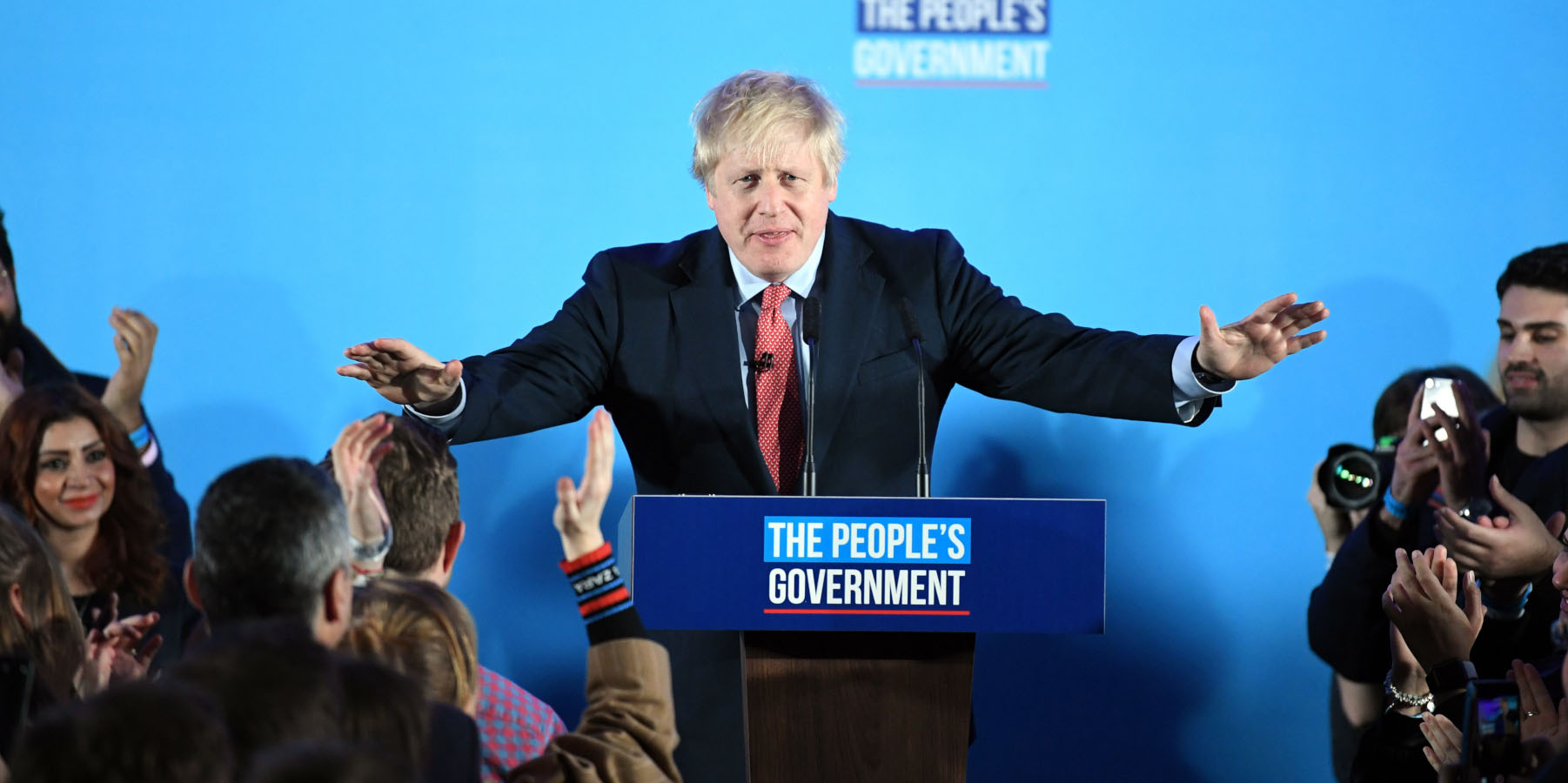
British Prime Minister Boris Johnson. (Photo: Neil Hall / EPA-EFE)
When Boris Johnson became the UK’s prime minister in July, elected only by members of the Conservative Party, he pledged that the UK would leave the EU on 31 October with or without a Brexit deal. In fact, he said he would “rather die in a ditch” than ask for a delay to Brexit. He has since asked for a delay to Brexit.
Johnson did succeed in sparking a constitutional crisis unrivalled for centuries in Britain when he asked the Queen to illegally halt the work of Parliament. Thereafter, the refusal of MPs to back a no-deal Brexit left Johnson little option but to call for a general election on 12 December.
The PM had barely begun his premiership when he became the subject of an ethics probes as a result of allegedly favourable treatment he gave to a friend, Jennifer Acuri while London mayor.
In 2019, BoJo has continued his track record of verbal incontinence. In March, he suggested that spending police resources on past child sexual abuse investigations amounted to money being “spaffed up a wall”. In June, Johnson’s description of the French as “turds” had to be removed from a BBC documentary.
While on the campaign trail, BoJo has refused to apologise for past racism, including comparing women wearing burqas to “letterboxes” and referring to African children as “piccaninnies” with “watermelon smiles”. The British prime minister has also refused to confirm how many children he has – possibly because he is actually unsure, as a result of multiple affairs in the past.
Vladimir Putin
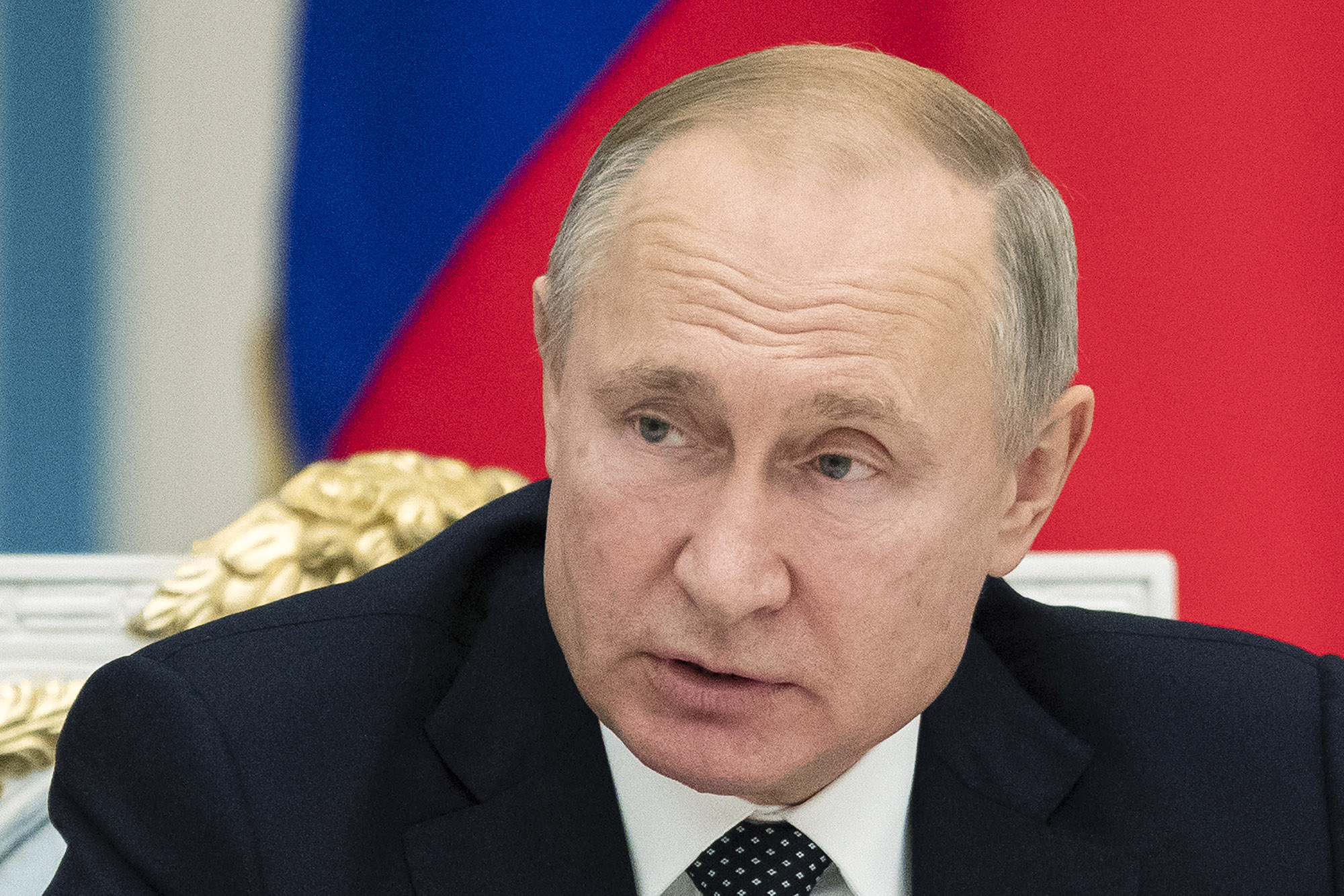
Russian President Vladimir Putin. (Photo: EPA-EFE / Pavel Golovkin / Pool)
Putin is into his fourth term as Russian president, making him the longest-serving Russian leader since Stalin. Putin’s aides are reportedly working on ways to extend his powers after the expiry of his current term, probably involving constitutional amendments.
This has been a good year for Putin. Thanks to Trump pulling the US out of Syria, the Russian president has become the chief power broker in that troubled region. His aims to expand Russian influence in Africa at the expense of the West took on more tangible shape with the hosting of the first Russia-Africa business summit, and his ties with China are ever closer, following the opening of an enormous gas pipeline between the two countries.
There are, meanwhile, credible reports of state-backed Russian operatives attempting to interfere in the elections of other countries this year. South Africa was one such country; Madagascar another.
With the progress towards establishing Russia as a global superpower has come a renewed crackdown on domestic dissent. In Moscow mid-year, Putin’s regime excluded all opposition candidates from contesting municipal elections, prompting mass protests, large-scale arrests and police brutality. Putin signed laws in December which can designate journalists as “foreign agents” monitored by the state.
Jair Bolsonaro
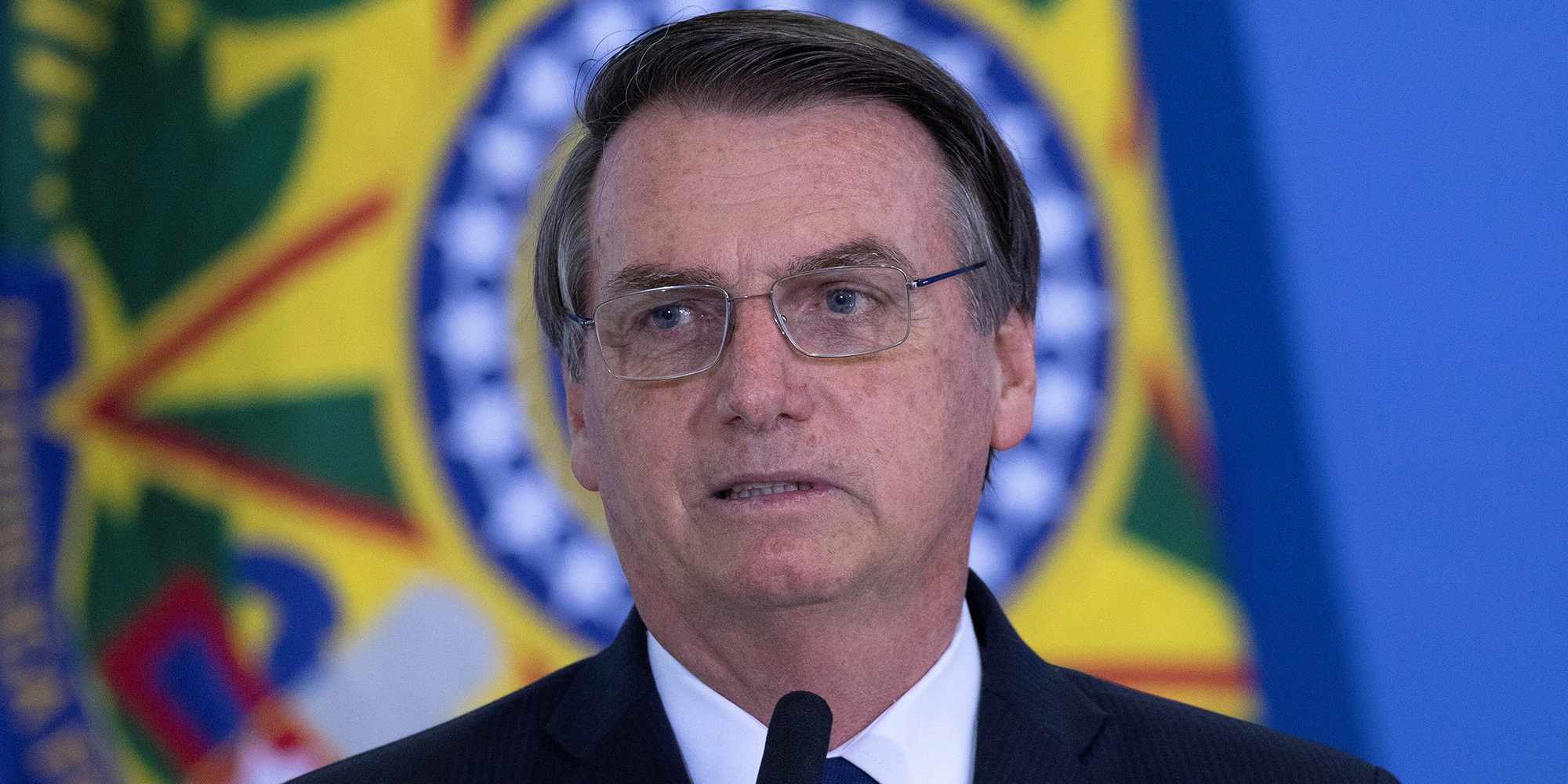
Brazilian President Jair Bolsonaro. (Photo: EPA-EFE / Joedson Alves)
Far-right Bolsonaro began his term as Brazil’s president on 1 January 2019, and the negative effects of his first year in office have been felt overwhelmingly by the environment. Bolsonaro has removed protections of Brazil’s indigenous lands and removed government departments dealing with climate change and deforestation. Credible research suggests that destruction of the Amazon rain forest increased by 88% during June 2019 – with the Amazon responsible for producing around 20% of the world’s total rainfall. Bolsonaro blamed August wildfires on NGOs; he has since suggested that actor Leonardo diCaprio might have been involved.
Threats to hostile media under Bolsonaro have intensified to such a degree that US journalist Glenn Greenwald, who is based in Brazil, recently wrote that he cannot leave his home “without a team of armed security guards and an armoured vehicle”.
Narendra Modi
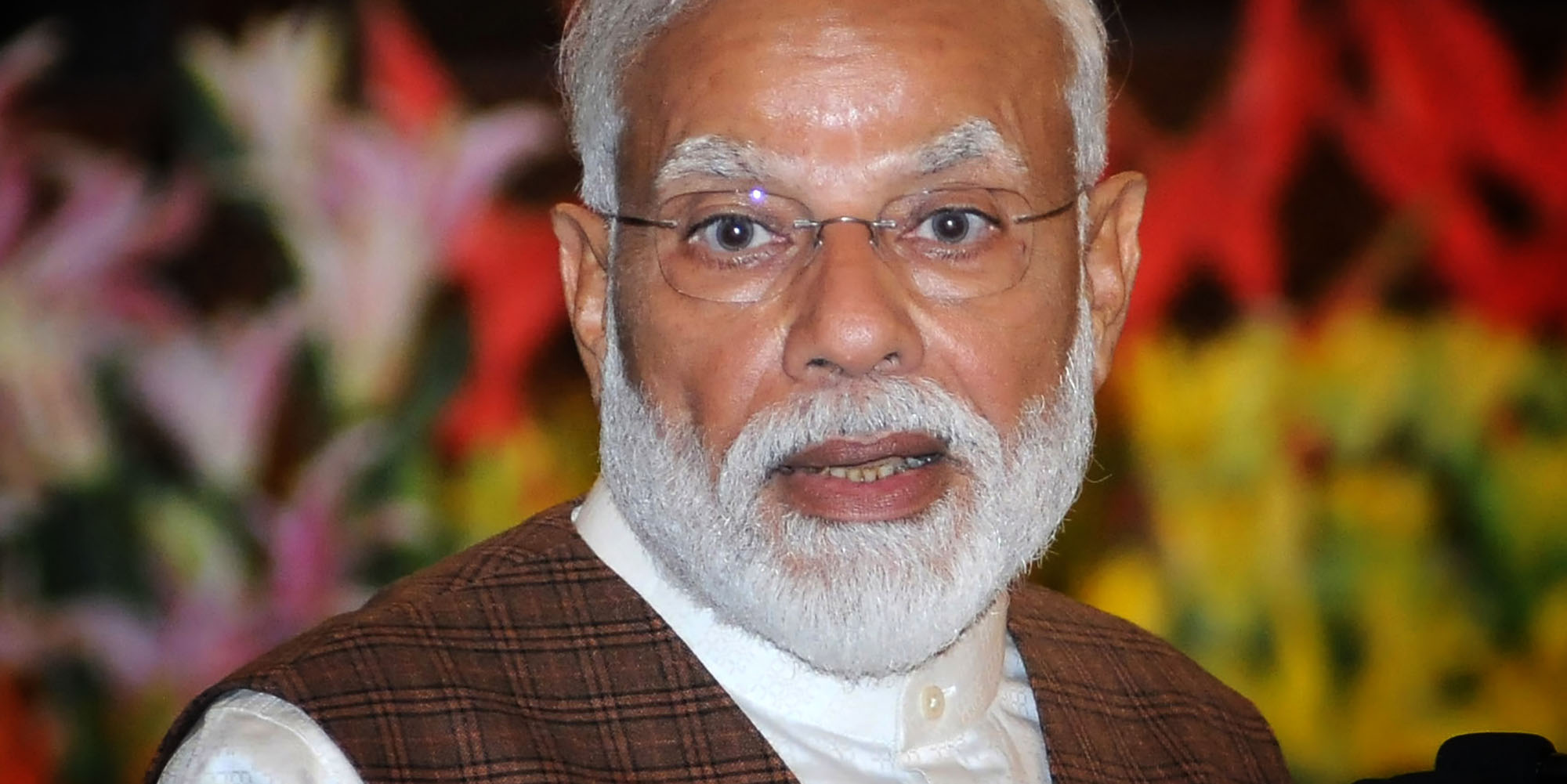
Indian Prime Minister Narendra Modi. (Photo: EPA-EFE/STR)
India’s Narendra Modi continued his run of form as a strongman leader in 2019 after being re-elected in May, overseeing a crackdown on dissent in Kashmir in August which saw more than 5,000 people detained. Opposition politicians, activists and journalists have been banned from visiting the area.
Modi’s Hindu nationalist government, operating under the slogan “India First”, has moved to strip Muslims of their Indian citizenship and hailed as a great victory a Supreme Court decision this year allowing a Hindu temple to be built on the site of a razed 16th-century mosque. Critics have voiced concern over a judiciary which looks increasingly like Modi’s lapdog.
While India’s once-unstoppable economic growth slows, meanwhile, the air pollution crisis in its major cities grows, and kills more than a million Indians a year. The 10 most polluted cities in the world are all in India.
Aung San Suu Kyi

Myanmar’s Aung San Suu Kyi. (Photo: Reuters / Lee Jae-Won)
The woman once hailed as something akin to a living saint fell from grace further this year over the treatment of Rohingya Muslims in Myanmar. Suu Kyi is headed for The Hague this December, where she will defend a lawsuit brought against her country in the International Court of Justice on charges of genocide.
The Nobel Peace Prize Laureate has faced intense criticism in recent years for failing to halt a crackdown on the Rohingya Muslims by Myanmar’s military, which has seen more than 700,000 flee to Bangladesh since 2017.
In a strange local twist, one of the only figures in the world who is said to still have Suu Kyi’s ear is South Africa’s own Roelf Meyer – who told Daily Maverick in January: “I do have access to her. Whether she is always listening to me is a different question.”
Victor Orban
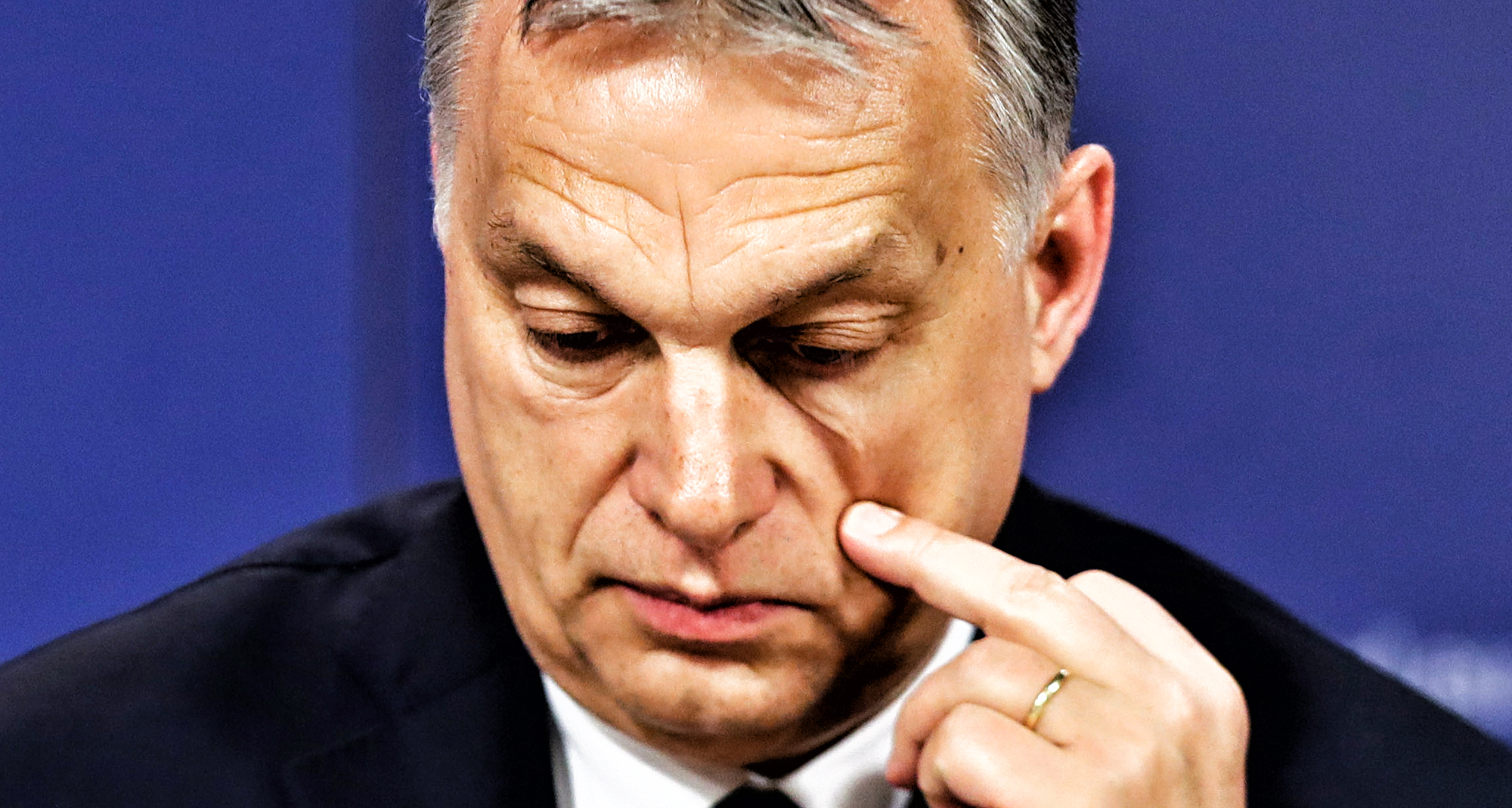
Hungarian Prime Minister Viktor Orban. (Photo: EPA-EFE / Stephanie Lecocq)
Hungary’s Prime Minister, Viktor Orban has helpfully endorsed a phrase to determine his style of governance: “illiberal democracy”. But many are questioning whether Hungary is still a democracy at all – with human rights organisation Freedom House classifying the country this year as the only EU member state to be only “partly free”. Orban has followed Putin’s lead in introducing new legislation to curtail the work of NGOs, with his particular hatred focused on George Soros and his Open Society Foundation.
Orban has succeeded in bringing almost all major media outlets under state control, and the independence of the Hungarian judiciary has been steadily whittled away. His government’s latest move, announced in early December, involves plans to tighten control over theatres.
Nicolas Maduro
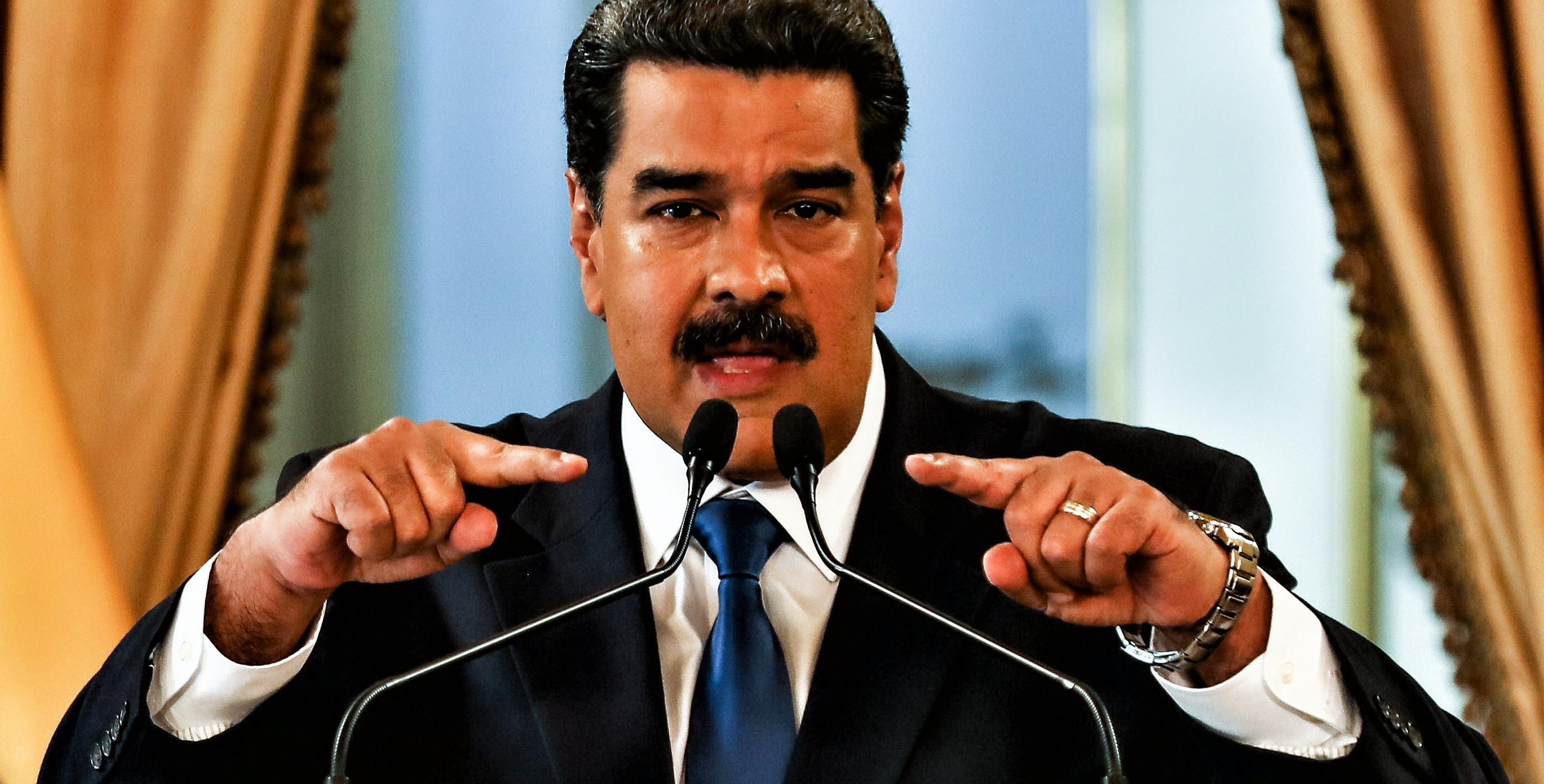
Venezuelan President Nicolas Maduro. (Photo: EPA-EFE / Cristian Hernandez)
January 2019 started in dramatic fashion in Venezuela, with the country’s National Assembly declaring the presidency of Nicolas Maduro illegitimate following widely disputed election results. Opposition leader Juan Guaido swore himself in as president in Maduro’s place – but almost 12 months later, it looks as if Maduro is going nowhere soon.
Maduro has overseen not just the almost total collapse of the Venezuelan economy, but also shocking violations of human rights, including the alleged use of torture and sexual violence to interrogate and intimidate opposition politicians. Guaido’s public support in Venezuela is polled at about 57%; Maduro sits at about 10%. But with the military and state institutions still under Maduro’s firm control, and the support of friends including Russia and South Africa, Maduro will end the year maintaining power – much to the sorrow of the estimated four million Venezuelans who have thus far fled their country.
Xi Jinping

Chinese President Xi Jinping. (Photo: EPA-EFE / Thomas Peter / Pool)
The government of Chinese President Xi Jinping caused international outrage in November after documents leaked to the New York Times revealed how more than one million Uighur Muslims in China’s Xinjiang province have been sent to internment camps for “re-education”. Critics have described it as a process of mass imprisonment not seen since the Holocaust; the Chinese government say the camps offer “free vocational training”. Former detainees have claimed that they were subjected to torture inside the camps.
Some say the crackdown on Uighurs is underpinned by the Chinese Communist Party’s desire for ethnic homogeneity, seen as a route to social stability. Others sniff an economic reason: Xi Jinping’s most significant infrastructure project plans to run right through Uighur lands. Xi himself was revealed in November 2019 to have advocated for using the methods of “dictatorship” to deal with alleged Islamic extremism in the area four years previously.
Xi’s ability to silence dissent recently appeared to extend even to British men’s magazines. GQ originally included the Chinese president in its top 10 “worst dressed men” list for 2019, but subsequently dropped Xi from its online list after apologising for causing “unintended offence”. DM
Previous Global People of the Year
2018 International Person(s) of the Year: Jamal Khashoggi
2017 International Person(s) of the Year: The Silence Breakers
2017 International Person(s) of the Year (Runners-up): Angela Merkel and Emmanuel Macron
2016 International Person(s) of the Year: The Troll
2015 International Person(s) of the Year: The Refugee
2014 International Person(s) of the Year: Vladimir Putin
2013 International Person(s) of the Year: Edward Snowden
2013 International Person(s) of the Year (Runners-up): Pope Francis
2012 International Person(s) of the Year: Barack Obama
2011 International Person(s) of the Year: Mohamed Bouazizi
















 Become an Insider
Become an Insider